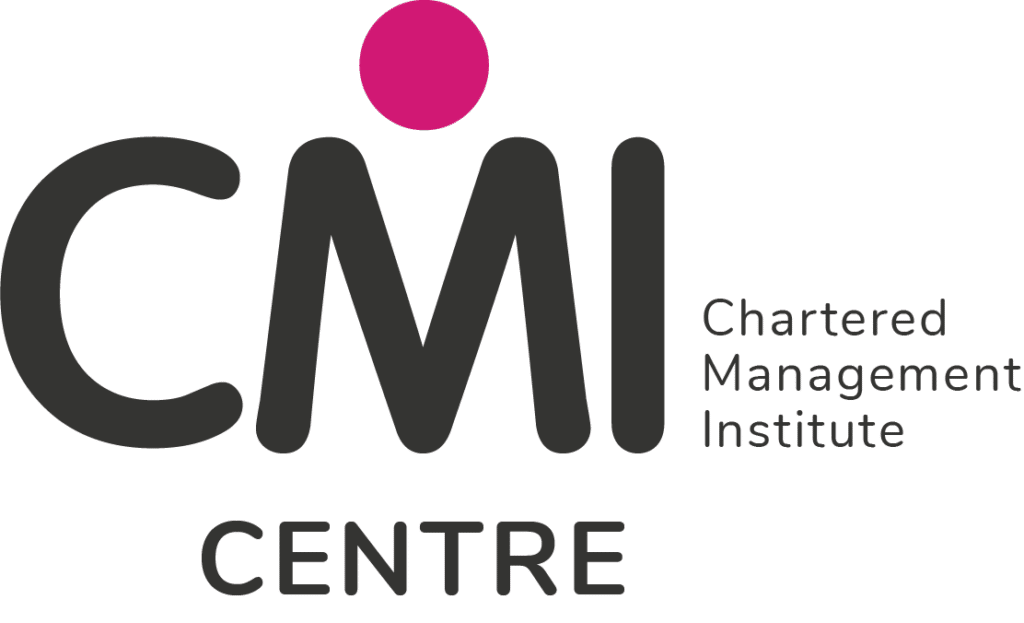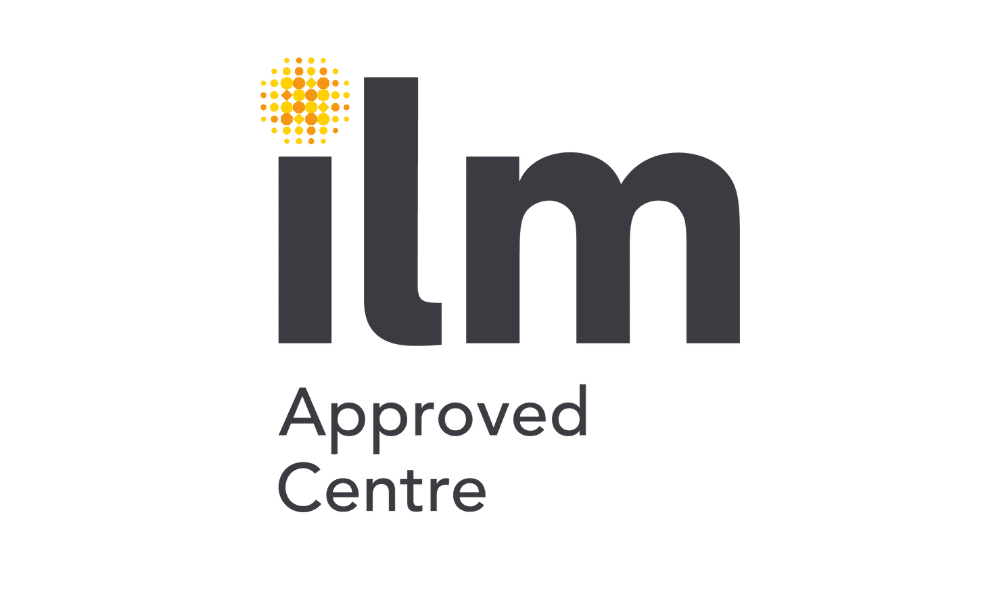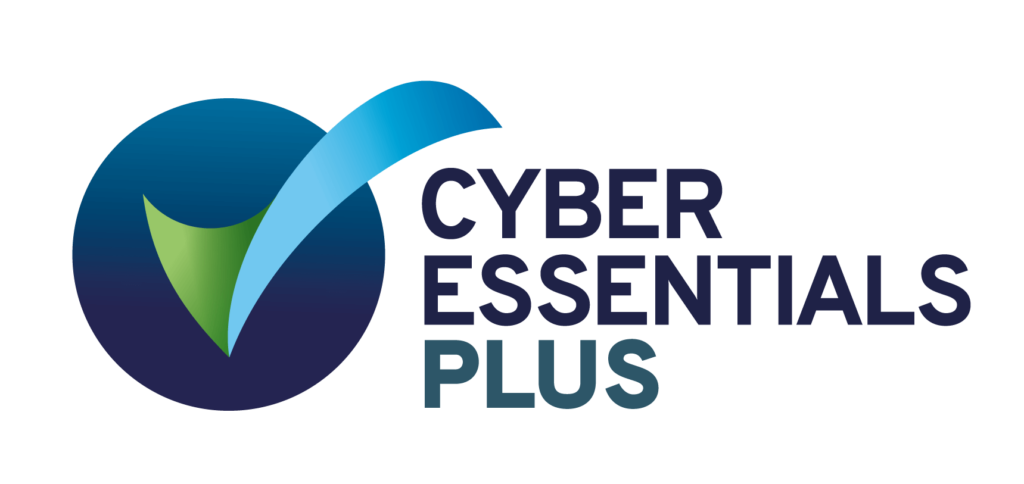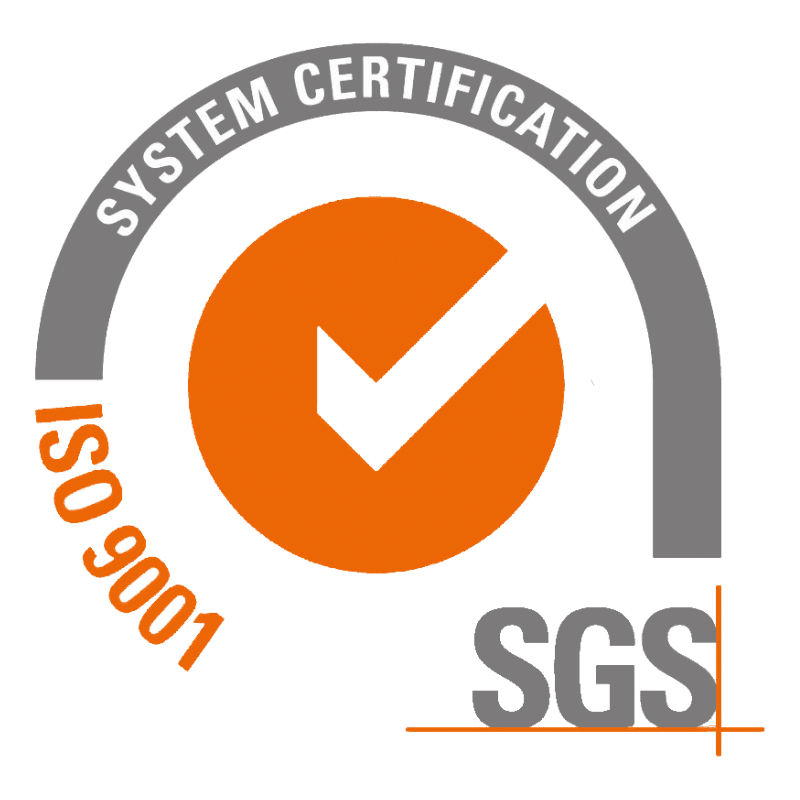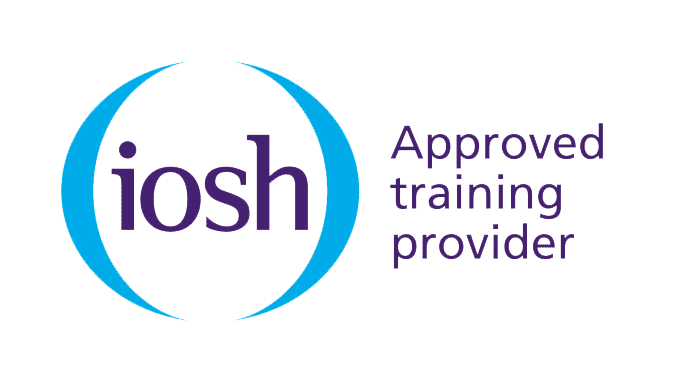Before the disruption of the Covid-19 pandemic, remote working was a growing trend within various sectors and industries, with organisations exploring and embracing the flexibility to varying levels of implementation and success.
For many employees it was seen as a positive and desirable feature of roles: they could strengthen their work-life balance whilst feeling that their organisation trusted them to continue doing their best work outside of the normal/formal office environment. However, 68% of UK workers never worked from home before the dawn of the Covid-19 pandemic, so take-up was far from universal, despite these benefits. (See our Hybrid Working infographic for more statistics).
Now, with enforced home working having been a reality for thousands of organisations for well over a year, it’s less a question of ‘can we do it?’ and more a question of ‘how can we do it most effectively in the long-term?’ and ‘how would we justify not making this shift?’. The latter question has taken on a new importance this week as it emerged that the UK government is proposing to give all employees the right to request a flexible working arrangement from their very first day.

When faced with this proposition, evidence suggests hybrid working is the future that most organisations are assessing and that many are choosing and progressing. 40% of employers said they expect more than half their workforce to work regularly from home after the pandemic has ended (CIPD). 71% of employees want location flexibility and to revisit the length of the working week (KPMG). 89% of business executives agree that hybrid working will become a permanent part of working life moving forward (Lane4).

It is clear from research that not only is the appetite for hybrid working strong, but also that organisations have seen the benefits. The performance benefits of both remote and in-office working are well-documented and the business case for resetting ways of working and unlocking the ‘best of both’ practices is strong. Individuals and teams feel more trusted and empowered when granted flexibility and trust is itself a key driver of engagement. Flexibility in roles also attracts and retains the best talent, and where individuals can improve their work/life balance, they are proven to become more productive with better levels of wellbeing.

Hybrid working models hinge on giving people choice, autonomy, and trust to reap the ‘best of both’ benefits from remote and in-office working. However, it’s unrealistic to expect that the true benefits of hybrid work will be realised organically. Informed action must be taken by organisations to successfully navigate the shift to and plan for the changes to workflow and processes.
When we factor in the remote, virtual working environment and its implications, where the micro-affirmations gained from being around their team and peers are removed, it is no wonder that we are seeing an increase in impostor syndrome and greater demand for support amongst managers and leaders. Also, less and/or more detached social and professional connectivity increases the need and demand to connect in other ways: to collaborate, socialise, support and serve.

Allowing people more autonomy in how, when and where they work, has potential to inject a fresh energy and motivation into an organisation. Relevant learning and development will support and enable people to be at their best and do great work. But this change, like all change, must be planned, communicated and undertaken with care, clear purpose and intent.
Successful hybrid working needs to be led, managed and mastered through people development. It requires choices to be made in terms of workforce skills and planning, workplace and workspace and the impact upon employee knowledge, skills, behaviours.
In order to help customers organisations to realise the true beneifts of a hybrid workforce, we have developed two new learning workshops in support of relevant knowledge, skills and behaviours.
Managing a Hybrid Team
By the end of this session, you will be better able to…
• Understand the impact of the hybrid environment on team performance and staff engagement and ways to derive maximum benefit from hybrid working
• Adapt your leadership styles to meet individual and team needs
• & more…
Working Effectively in a Hybrid Team
By the end of this session, you will be better able to…
• Understand the impact of the hybrid environment on the team and its work
• Proactively take responsibility for your performance through goal setting and seeking out development opportunities
• & more…
We have also developed and delivered a number of topics that would make valuable additions to a programme of supportive learning, including:
• Remote Team Building
• Sustaining Performance of Remote Teams
• One-to-Ones & Coaching for Remote Workers
• Motivating Self & Setting Goals
Use the Talk to Us page to fill out an enquiry form and tell us about your requirements.
